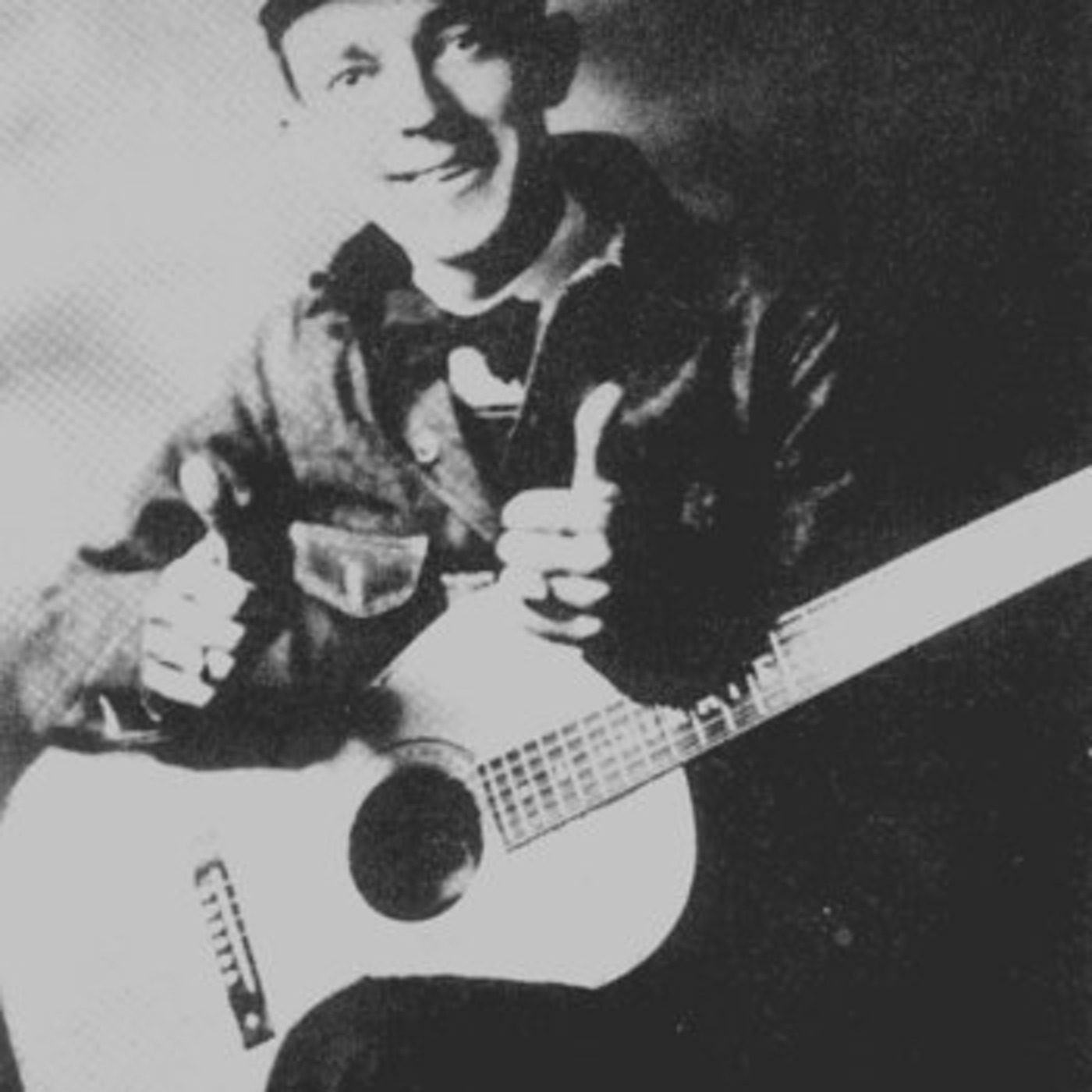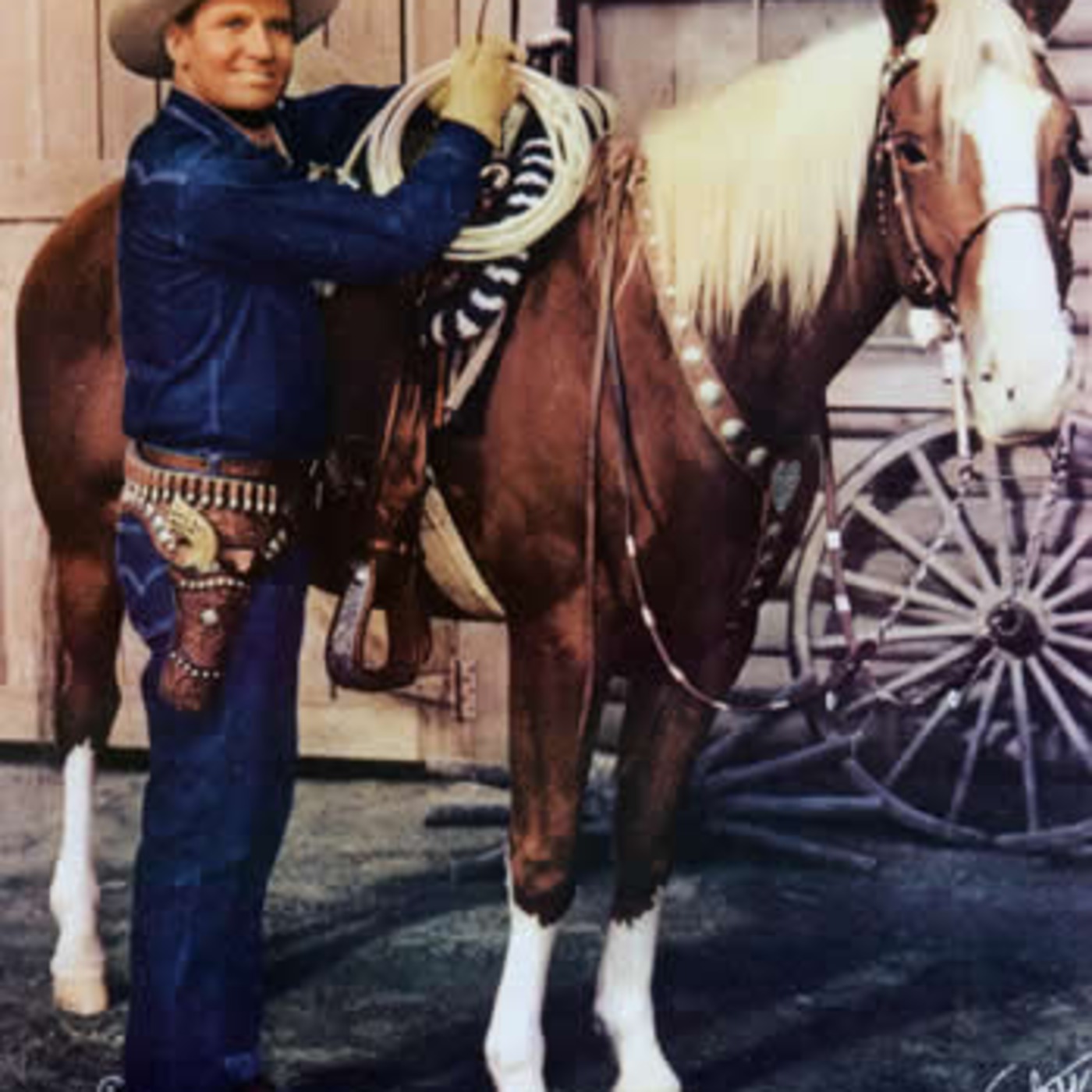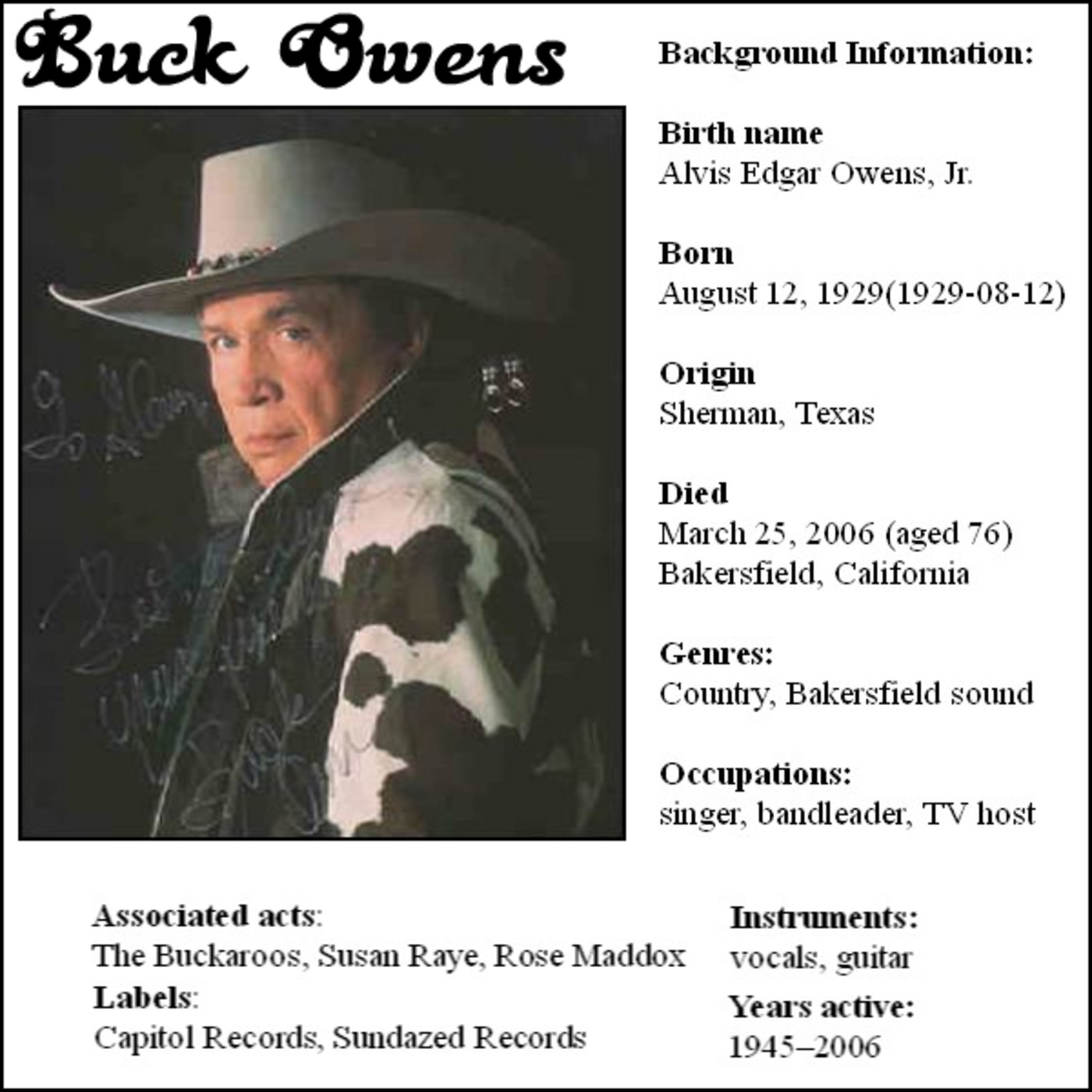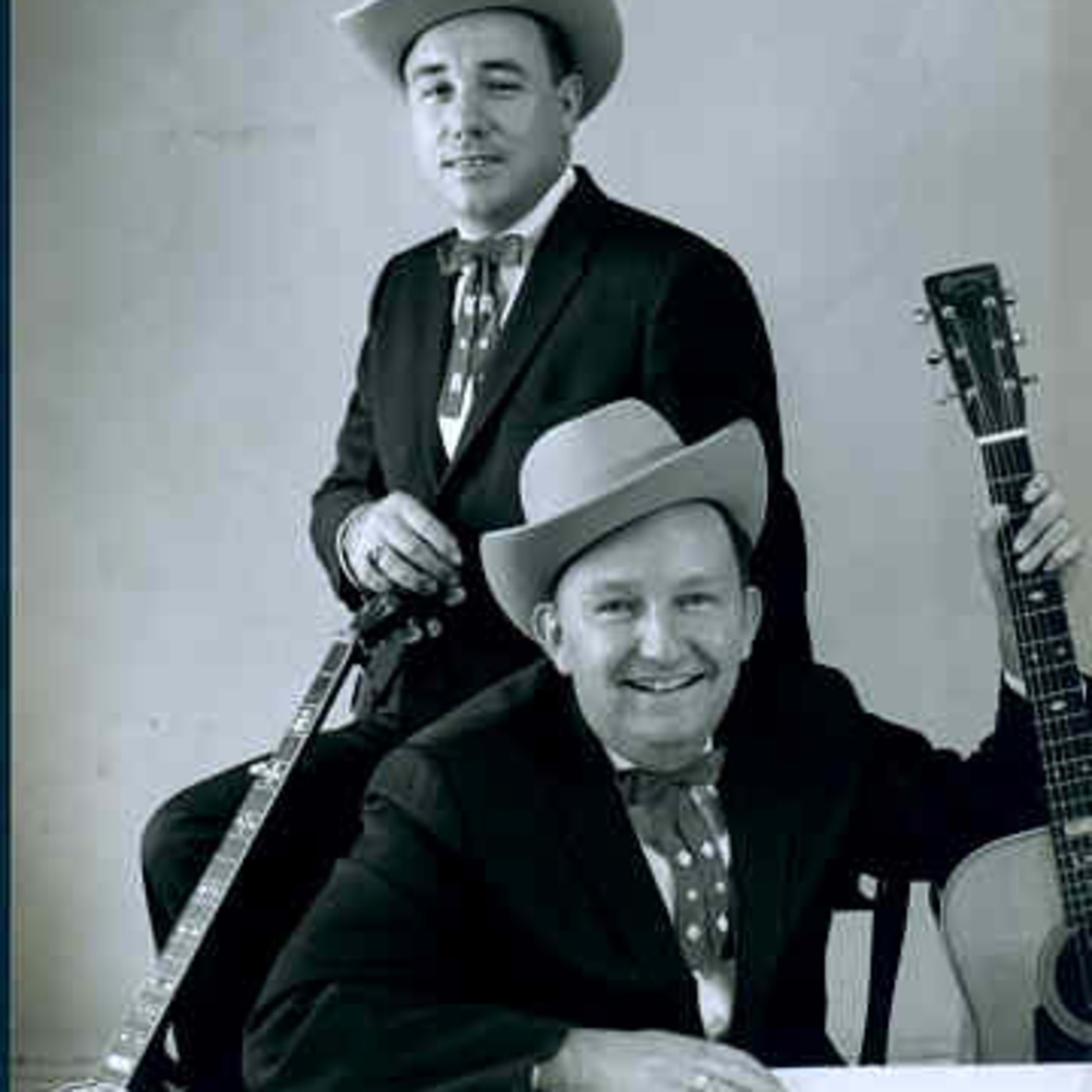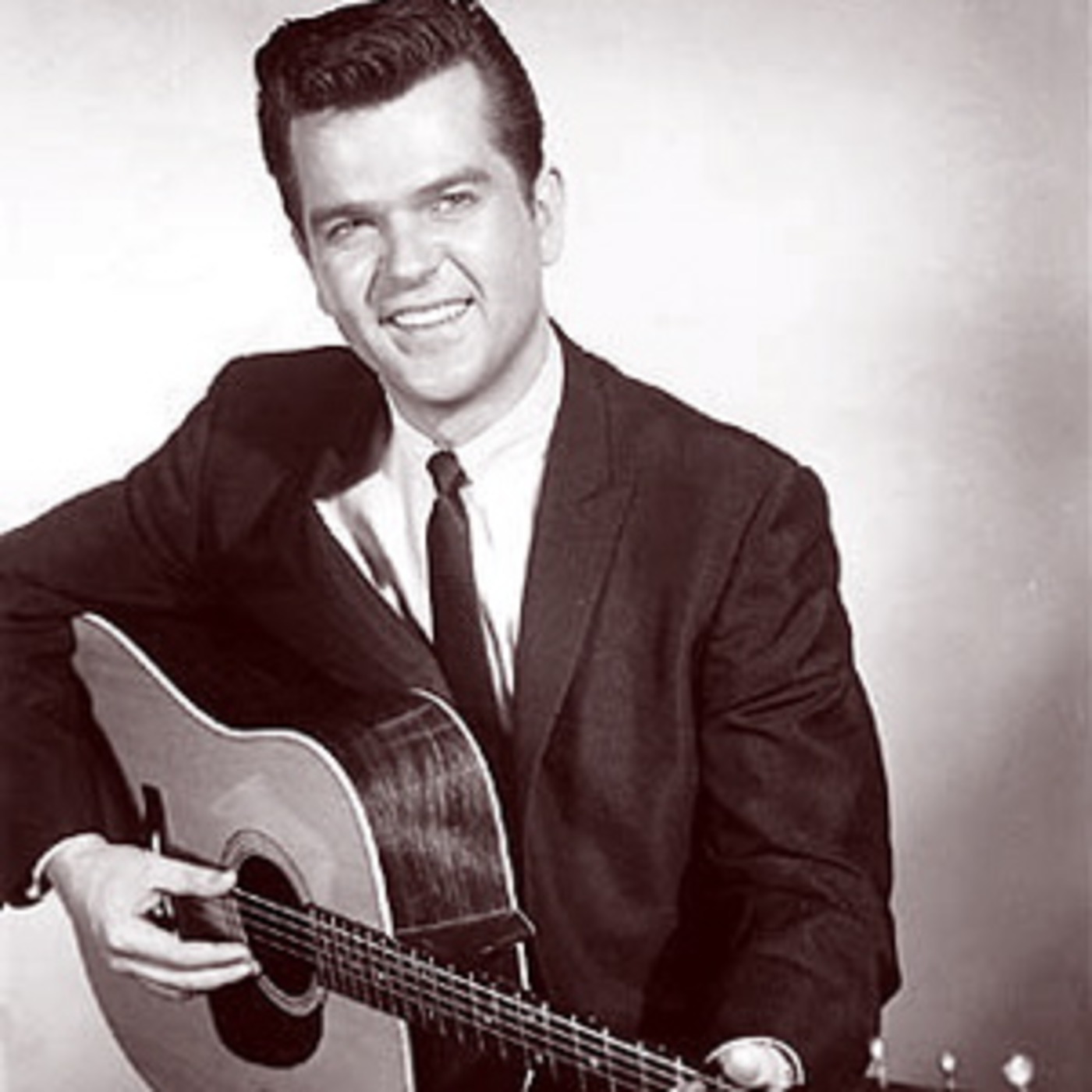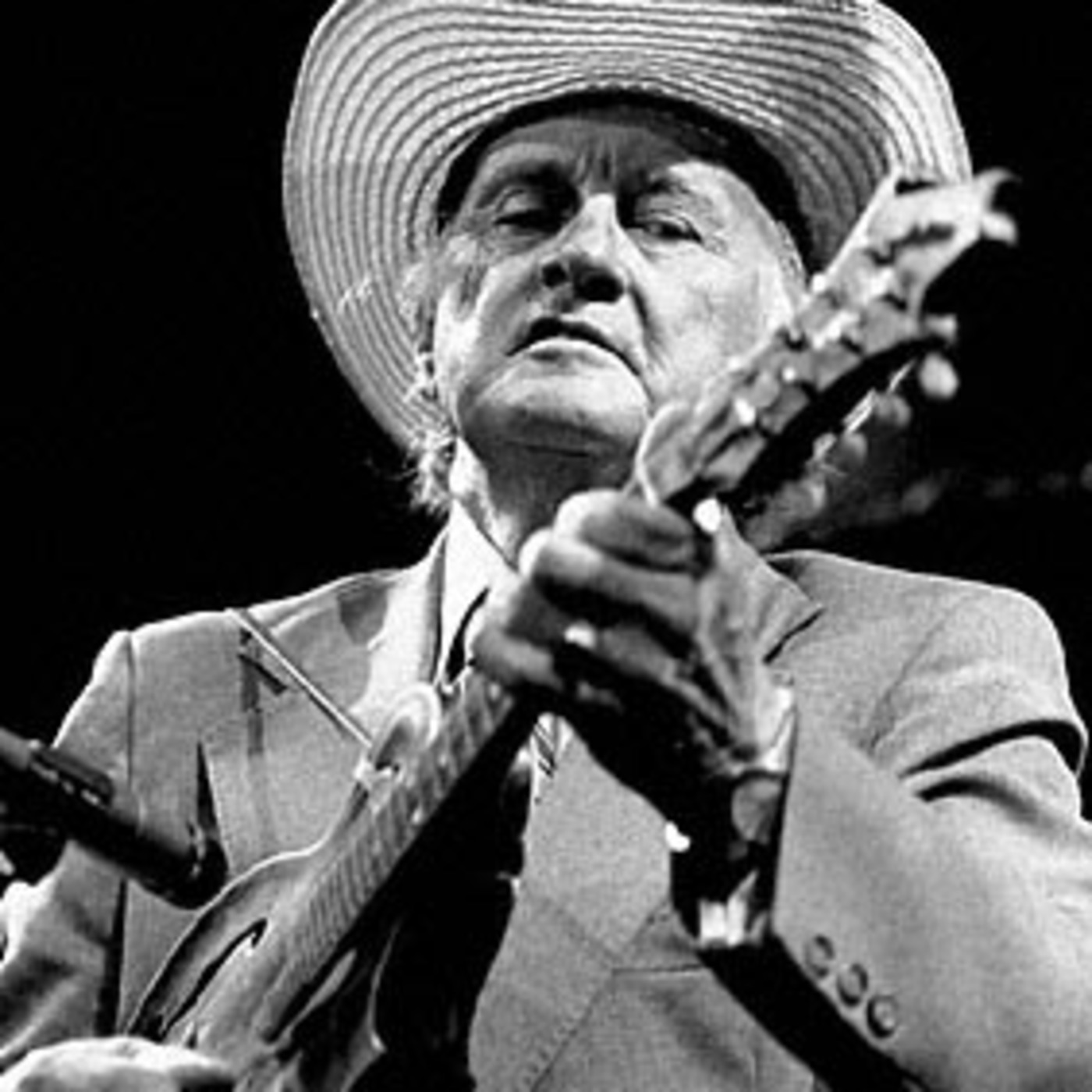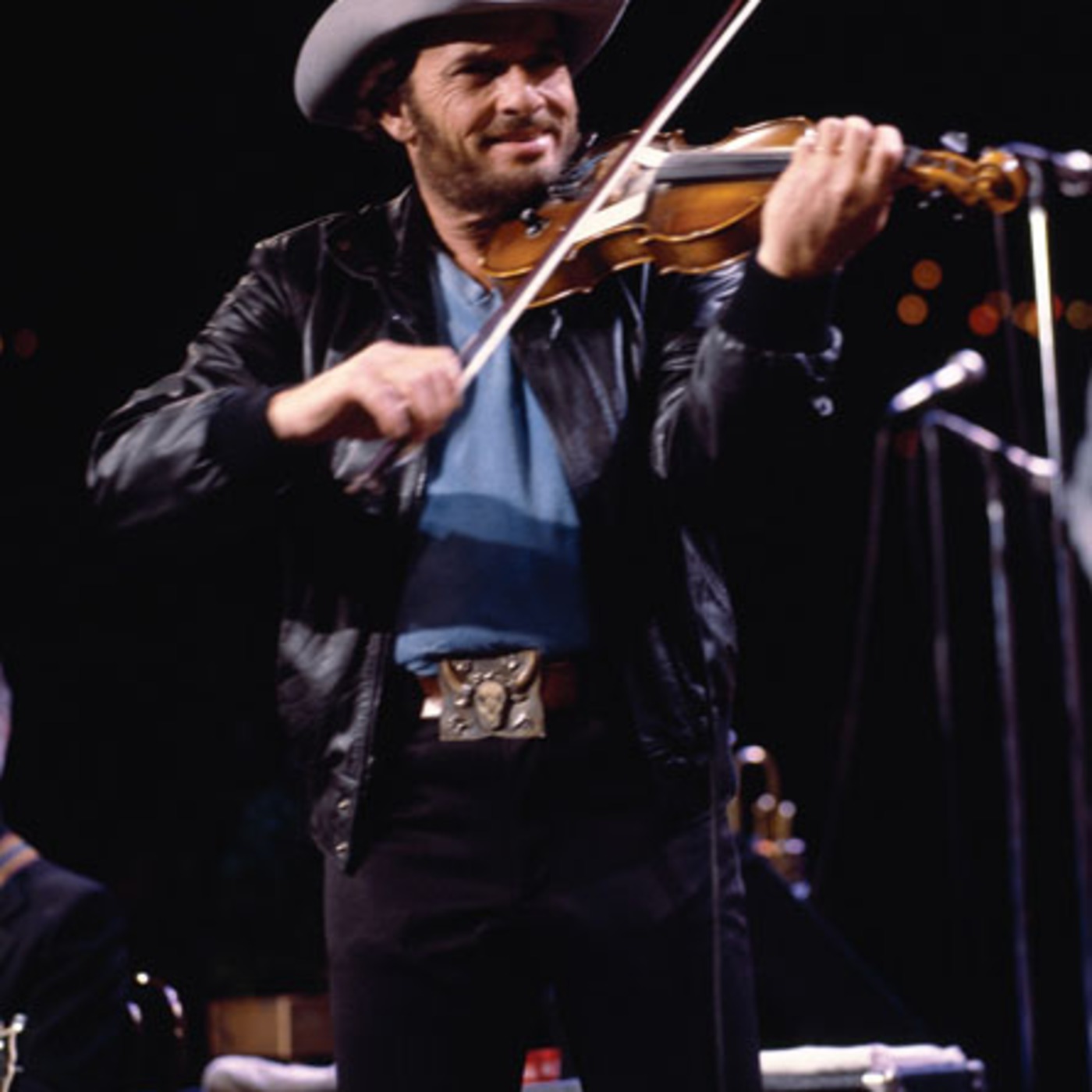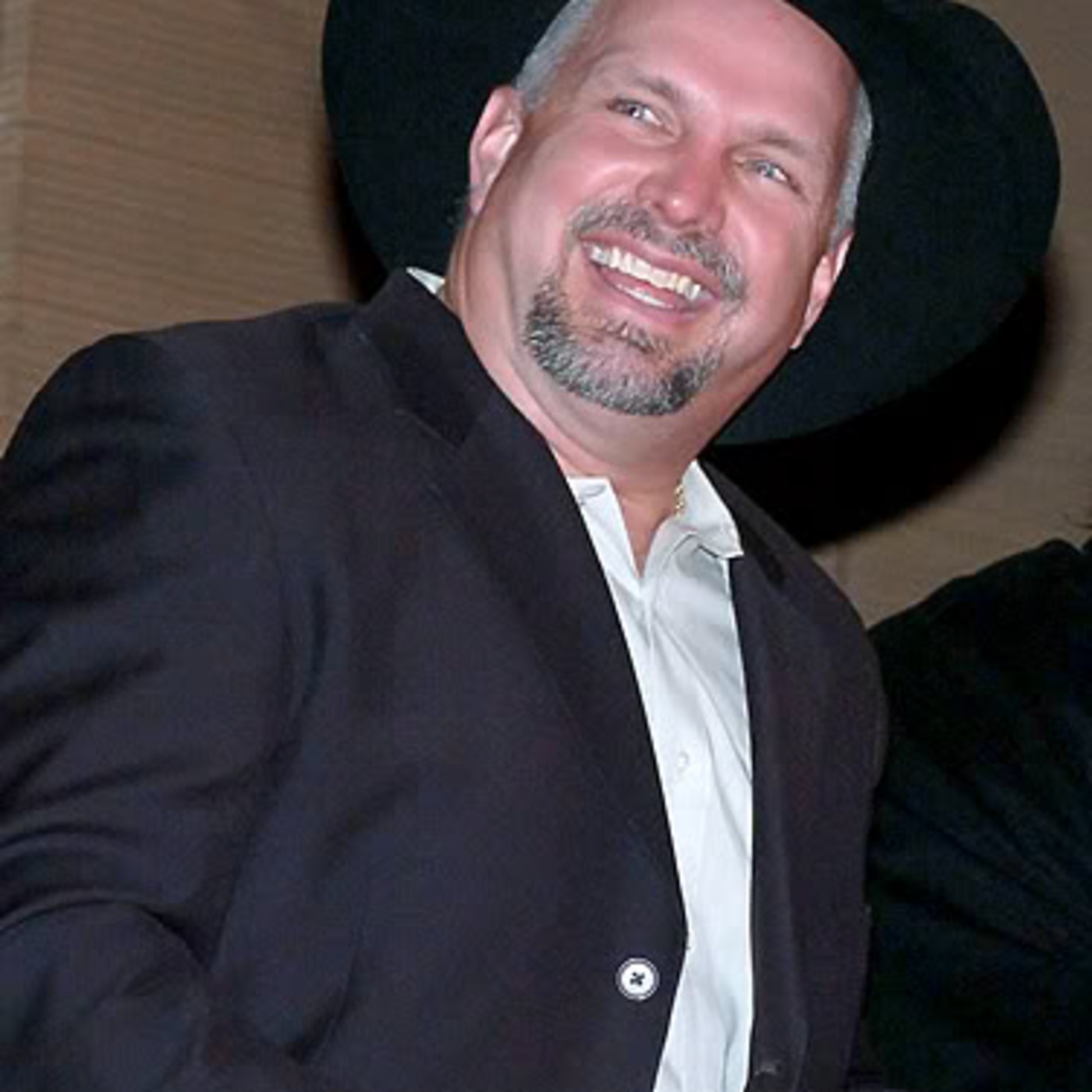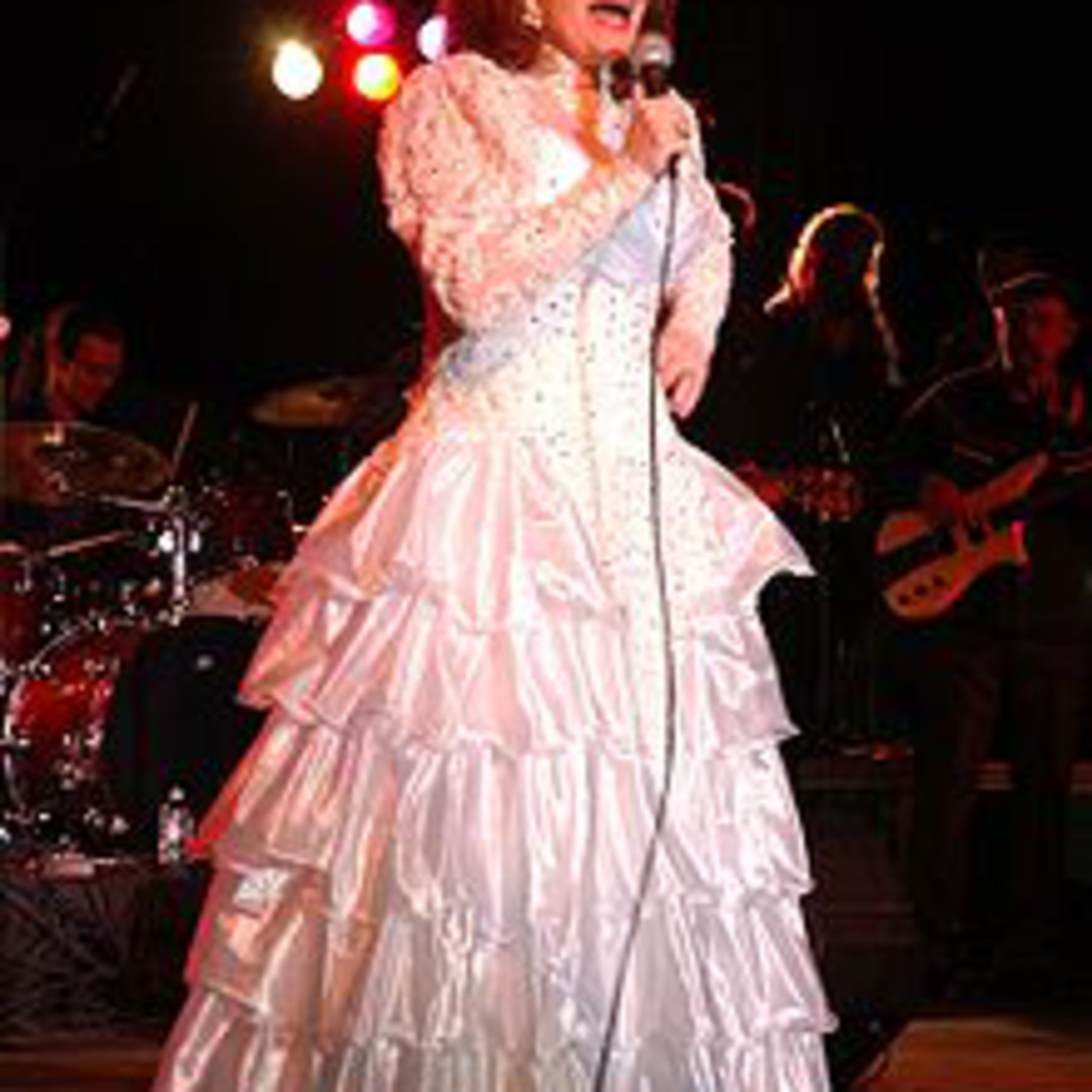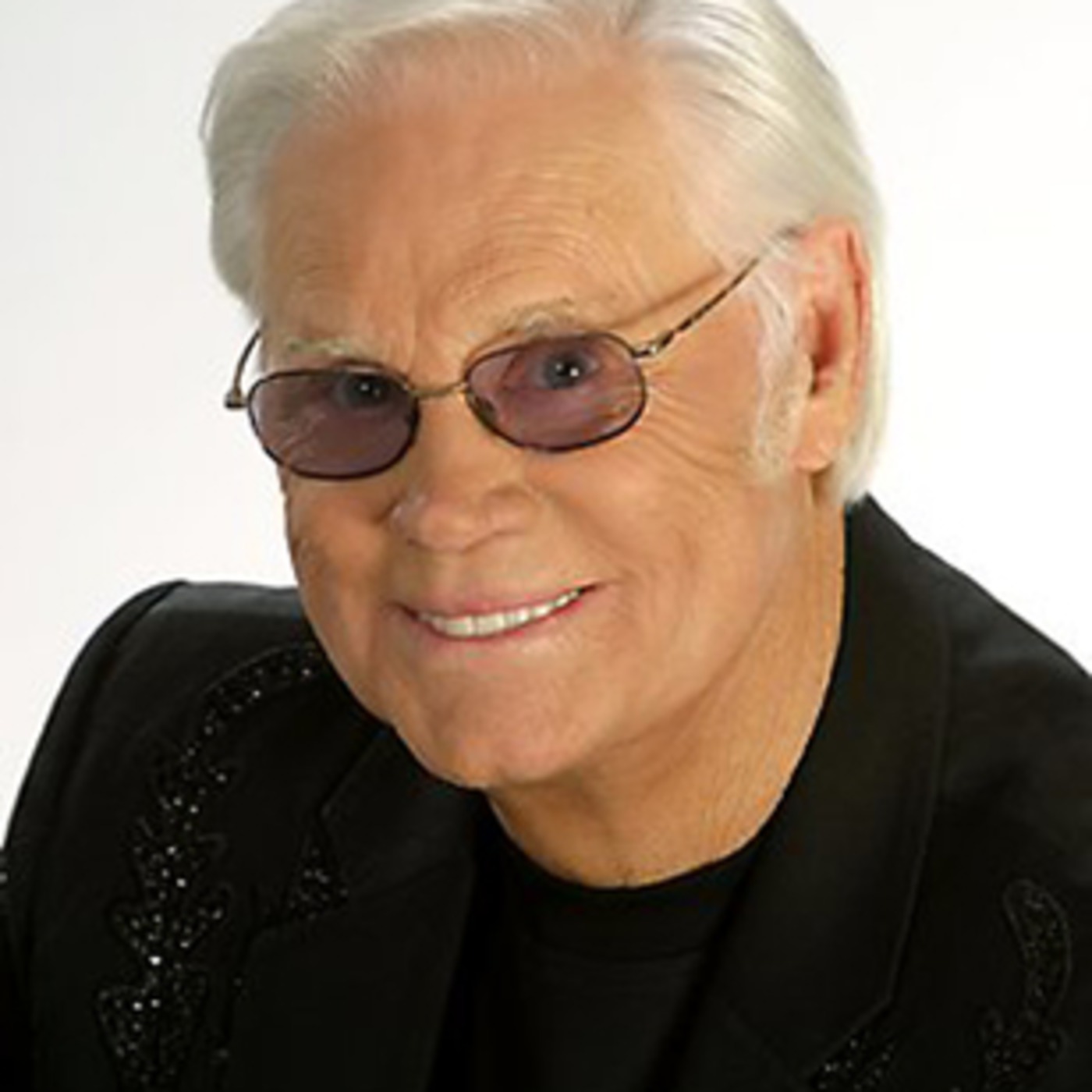Jimmie Rogers - Frankie and Johnny
Update: 2010-06-06
Description
From Wikipedia, the free encyclopedia
James Charles Rodgers (September 8, 1897 – May 26, 1933), known as "Jimmie," was a country singer in the early 20th century known most widely for his rhythmic yodeling. Among the first country music superstars and pioneers, Rodgers was also known as "The Singing Brakeman", "The Blue Yodeler", and "The Father of Country Music".
Early years
Jimmie Rodgers' traditional birthplace is usually given as Meridian, Mississippi; however, in documents signed by Rodgers later in life, his birthplace was listed as Geiger, Alabama, the home of his paternal grandparents. Rodgers' mother died when he was very young, and Rodgers, the youngest of three sons, spent the next few years living with various relatives in southeast Mississippi and southwest Alabama, near Geiger. He eventually returned home to live with his father, Aaron Rodgers, a foreman on the Mobile and Ohio Railroad, who had settled with a new wife in Meridian.
Performing career
Jimmie's affinity for entertaining came at an early age, and the lure of the road was irresistible to him. By age 13, he had twice organized and begun traveling shows, only to be brought home by his father. Mr. Rodgers found Jimmie his first job working on the railroad as a water boy. Here he was further taught to pick and strum by rail workers and hobos. A few years later, he became a brakeman on the New Orleans and Northeastern Railroad, a position formerly secured by his oldest brother, Walter, a conductor on the line running between Meridian and New Orleans.
In 1924 at the age of 27, Jimmie contracted tuberculosis (TB). The disease temporarily ended his railroad career, but at the same time gave him the chance to get back to the entertainment industry. He organized a traveling road show and performed across the Southeastern United States until, once again, he was forced home after a cyclone destroyed his tent. He returned to railroad work as a brakeman in Miami, Florida, but eventually his illness cost him his job. He relocated to Tucson, Arizona and was employed as a switchman by the Southern Pacific Railroad. He kept the job for less than a year, and the Rodgers family (which by then included wife Carrie and daughter Anita) settled back in Meridian in early 1927.
Success
Rodgers decided to travel to Asheville, North Carolina, later that same year. On April 18, at 9:30 p.m., Jimmie, and Otis Kuykendall performed for the first time on WWNC, Asheville’s first radio station. A few months later Jimmie recruited a group from Bristol, Tennessee called the Tenneva Ramblers and secured a weekly slot on the station listed as "The Jimmie Rodgers Entertainers."
In late July 1927, Rodgers' bandmates learned that Ralph Peer, a representative of the Victor Talking Machine Company, was coming to Bristol to hold an audition for local musicians. Rodgers and the group arrived in Bristol on August 3, 1927, and auditioned for Peer in an empty warehouse. Peer agreed to record them the next day. That night, as the band discussed how they would be billed on the record, an argument ensued, the band broke up, and Rodgers arrived at the recording session the next morning alone. On Wednesday, August 4 Jimmie Rodgers completed his first session for Victor. It lasted from 2:00 p.m. to 4:20 p.m. and yielded two songs: "The Soldier's Sweetheart" and "Sleep, Baby, Sleep". For the test recordings, Rodgers received $100.
The recordings were released on October 7 earning modest success. In November, Rodgers, determined more than ever to make it in entertainment, headed to New York City in an effort to arrange another session with Peer. Peer agreed to record him again, and the two met in Philadelphia before traveling to Camden, New Jersey, to the Victor studios. Four songs made it out of this session, including "Blue Yodel", better known as "T for Texas". In the next two years, this recording sold nearly half a million copies, rocketing Rodgers into stardom. After this, he got to determine when Peer and Victor would record him, and he sold out shows whenever and wherever he played.
Over the next few years, Rodgers was very busy. He did a movie short for Columbia Pictures, The Singing Brakeman, and made various recordings across the country. He toured with humorist Will Rogers as part of a Red Cross tour across the Midwest. On July 16, 1930, he recorded "Blue Yodel No. 9" with jazz trumpeter Louis Armstrong, whose wife, Lillian, played piano on the recording.
Final years
Rodgers' next-to-last recordings were made in August 1932 in Camden, and it was clear that the tuberculosis was getting the better of him. He had given up touring by that time, but did have a weekly radio show in San Antonio, Texas, where he had relocated when "T for Texas" became a hit. Earnings from his recordings enabled Rodgers to build a large house for his family in Kerrville, Texas, a location chosen partly for health reasons. But it was not in Rodgers' make-up to stay still, and his constant touring and recording schedule only hurt his chances of recovering from TB.
With the country in the grip of the Depression, the practice of making field recordings was quickly fading, so in May 1933, Rodgers traveled again to New York City for a group of sessions beginning May 17, 1933. He started these sessions recording alone and completed four songs on the first day. When he returned to the studio after a day's rest, he had to record sitting down and soon retired to his hotel in hopes of regaining enough energy to finish the songs he had been rehearsing. The recording engineer hired two session musicians to help Rodgers when he came back to the studio a few days later. Together they recorded a few songs, including "Mississippi Delta Blues". For his last song of the session, however, Jimmie chose to perform alone, and as a matching bookend to his career, recorded "Years Ago" by himself.
During his last recording session in New York City on May 24, 1933, after years of fighting the tuberculosis, Rodgers was so weakened that he needed to rest on a cot between songs. Jimmie Rodgers died two days later on May 26, 1933 from a lung hemorrhage while staying at the Taft Hotel; he was only 35 years old.
James Charles Rodgers (September 8, 1897 – May 26, 1933), known as "Jimmie," was a country singer in the early 20th century known most widely for his rhythmic yodeling. Among the first country music superstars and pioneers, Rodgers was also known as "The Singing Brakeman", "The Blue Yodeler", and "The Father of Country Music".
Early years
Jimmie Rodgers' traditional birthplace is usually given as Meridian, Mississippi; however, in documents signed by Rodgers later in life, his birthplace was listed as Geiger, Alabama, the home of his paternal grandparents. Rodgers' mother died when he was very young, and Rodgers, the youngest of three sons, spent the next few years living with various relatives in southeast Mississippi and southwest Alabama, near Geiger. He eventually returned home to live with his father, Aaron Rodgers, a foreman on the Mobile and Ohio Railroad, who had settled with a new wife in Meridian.
Performing career
Jimmie's affinity for entertaining came at an early age, and the lure of the road was irresistible to him. By age 13, he had twice organized and begun traveling shows, only to be brought home by his father. Mr. Rodgers found Jimmie his first job working on the railroad as a water boy. Here he was further taught to pick and strum by rail workers and hobos. A few years later, he became a brakeman on the New Orleans and Northeastern Railroad, a position formerly secured by his oldest brother, Walter, a conductor on the line running between Meridian and New Orleans.
In 1924 at the age of 27, Jimmie contracted tuberculosis (TB). The disease temporarily ended his railroad career, but at the same time gave him the chance to get back to the entertainment industry. He organized a traveling road show and performed across the Southeastern United States until, once again, he was forced home after a cyclone destroyed his tent. He returned to railroad work as a brakeman in Miami, Florida, but eventually his illness cost him his job. He relocated to Tucson, Arizona and was employed as a switchman by the Southern Pacific Railroad. He kept the job for less than a year, and the Rodgers family (which by then included wife Carrie and daughter Anita) settled back in Meridian in early 1927.
Success
Rodgers decided to travel to Asheville, North Carolina, later that same year. On April 18, at 9:30 p.m., Jimmie, and Otis Kuykendall performed for the first time on WWNC, Asheville’s first radio station. A few months later Jimmie recruited a group from Bristol, Tennessee called the Tenneva Ramblers and secured a weekly slot on the station listed as "The Jimmie Rodgers Entertainers."
In late July 1927, Rodgers' bandmates learned that Ralph Peer, a representative of the Victor Talking Machine Company, was coming to Bristol to hold an audition for local musicians. Rodgers and the group arrived in Bristol on August 3, 1927, and auditioned for Peer in an empty warehouse. Peer agreed to record them the next day. That night, as the band discussed how they would be billed on the record, an argument ensued, the band broke up, and Rodgers arrived at the recording session the next morning alone. On Wednesday, August 4 Jimmie Rodgers completed his first session for Victor. It lasted from 2:00 p.m. to 4:20 p.m. and yielded two songs: "The Soldier's Sweetheart" and "Sleep, Baby, Sleep". For the test recordings, Rodgers received $100.
The recordings were released on October 7 earning modest success. In November, Rodgers, determined more than ever to make it in entertainment, headed to New York City in an effort to arrange another session with Peer. Peer agreed to record him again, and the two met in Philadelphia before traveling to Camden, New Jersey, to the Victor studios. Four songs made it out of this session, including "Blue Yodel", better known as "T for Texas". In the next two years, this recording sold nearly half a million copies, rocketing Rodgers into stardom. After this, he got to determine when Peer and Victor would record him, and he sold out shows whenever and wherever he played.
Over the next few years, Rodgers was very busy. He did a movie short for Columbia Pictures, The Singing Brakeman, and made various recordings across the country. He toured with humorist Will Rogers as part of a Red Cross tour across the Midwest. On July 16, 1930, he recorded "Blue Yodel No. 9" with jazz trumpeter Louis Armstrong, whose wife, Lillian, played piano on the recording.
Final years
Rodgers' next-to-last recordings were made in August 1932 in Camden, and it was clear that the tuberculosis was getting the better of him. He had given up touring by that time, but did have a weekly radio show in San Antonio, Texas, where he had relocated when "T for Texas" became a hit. Earnings from his recordings enabled Rodgers to build a large house for his family in Kerrville, Texas, a location chosen partly for health reasons. But it was not in Rodgers' make-up to stay still, and his constant touring and recording schedule only hurt his chances of recovering from TB.
With the country in the grip of the Depression, the practice of making field recordings was quickly fading, so in May 1933, Rodgers traveled again to New York City for a group of sessions beginning May 17, 1933. He started these sessions recording alone and completed four songs on the first day. When he returned to the studio after a day's rest, he had to record sitting down and soon retired to his hotel in hopes of regaining enough energy to finish the songs he had been rehearsing. The recording engineer hired two session musicians to help Rodgers when he came back to the studio a few days later. Together they recorded a few songs, including "Mississippi Delta Blues". For his last song of the session, however, Jimmie chose to perform alone, and as a matching bookend to his career, recorded "Years Ago" by himself.
During his last recording session in New York City on May 24, 1933, after years of fighting the tuberculosis, Rodgers was so weakened that he needed to rest on a cot between songs. Jimmie Rodgers died two days later on May 26, 1933 from a lung hemorrhage while staying at the Taft Hotel; he was only 35 years old.
Comments
In Channel

